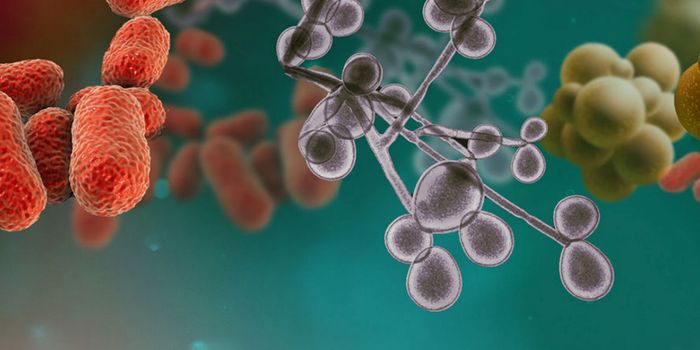Doctors at the University of Montreal Hospital Research Centre (CRCHUM) have announced the start of a Phase 3 clinical trial for a new drug combination in the treatment of metastatic prostate cancer. With initial results from Phase 1 and 2 showing effectiveness, the researchers will move the drug therapy into Phase 3 that will involve 960 patients worldwide.
Prostate cancer is the most common form of cancer in men. Current treatments for the disease frequently involve radiation and chemotherapy, hormone interventions, or surgical removal of the prostate itself. With early detection and treatment, prostate cancer is manageable. However, this is not the case for patients with castration-resistant metastatic prostate cancer.
In this aggressive form of prostate cancer, the disease progresses despite all medical interventions. The tumors are resistant to hormone therapies, and metastasis to secondary organ sites compound the difficulties in treatment, worsening the prognosis dramatically.
Medical options are limited for this subset of prostate cancer, but one type of drug that has been used since 2011 is abiraterone acetate, marketed under the tradename Zytiga. Taken orally in addition to hormone administration, the combination blocks the production of testosterone, decreasing tumor growth.
Doctors then tested abiraterone acetate in combination with another drug not yet approved for market, and known only as JNJ-56021927. Initial clinical trials of this combination provided evidence for the safety and effectiveness of the new drug therapy.
A patient from the initial trials at CRCHUM, Antonio Paris, 59, attested to the effectiveness of his new drug regimen: "I take 14 pills a day, and it's going very well. I have the sweats and I'm tired a bit, but it doesn't stop me from doing all kinds of activities and even renovations. Since I started the new treatment 14 months ago, my cancer first remitted and now is stable.”
The results won the green light from the U.S. Food and Drug Administration and Health Canada for the trial to enter Phase 3. The randomized, double blind trial will involve 960 patients from 196 hospitals worldwide. Patients will either be administered abiraterone acetate (1000 mg) and JNJ-56021927 (240 mg) or a placebo.
"We hope to find a well-tolerated and effective treatment to slow the progression of prostate cancer in men with advanced prostate cancer. The approach combines several drugs and attacks the cancer on several fronts," said Dr. Fred Saad, lead investigator of the study.
It will be another few years before this international trial completes and results are publicized. But the doctors and researchers are very enthusiastic that this combination drug therapy will extend life expectancy and improve the quality of life for their patients.
Watch the animation to learn more about prostate cancer.
Source:
EurekAlert









